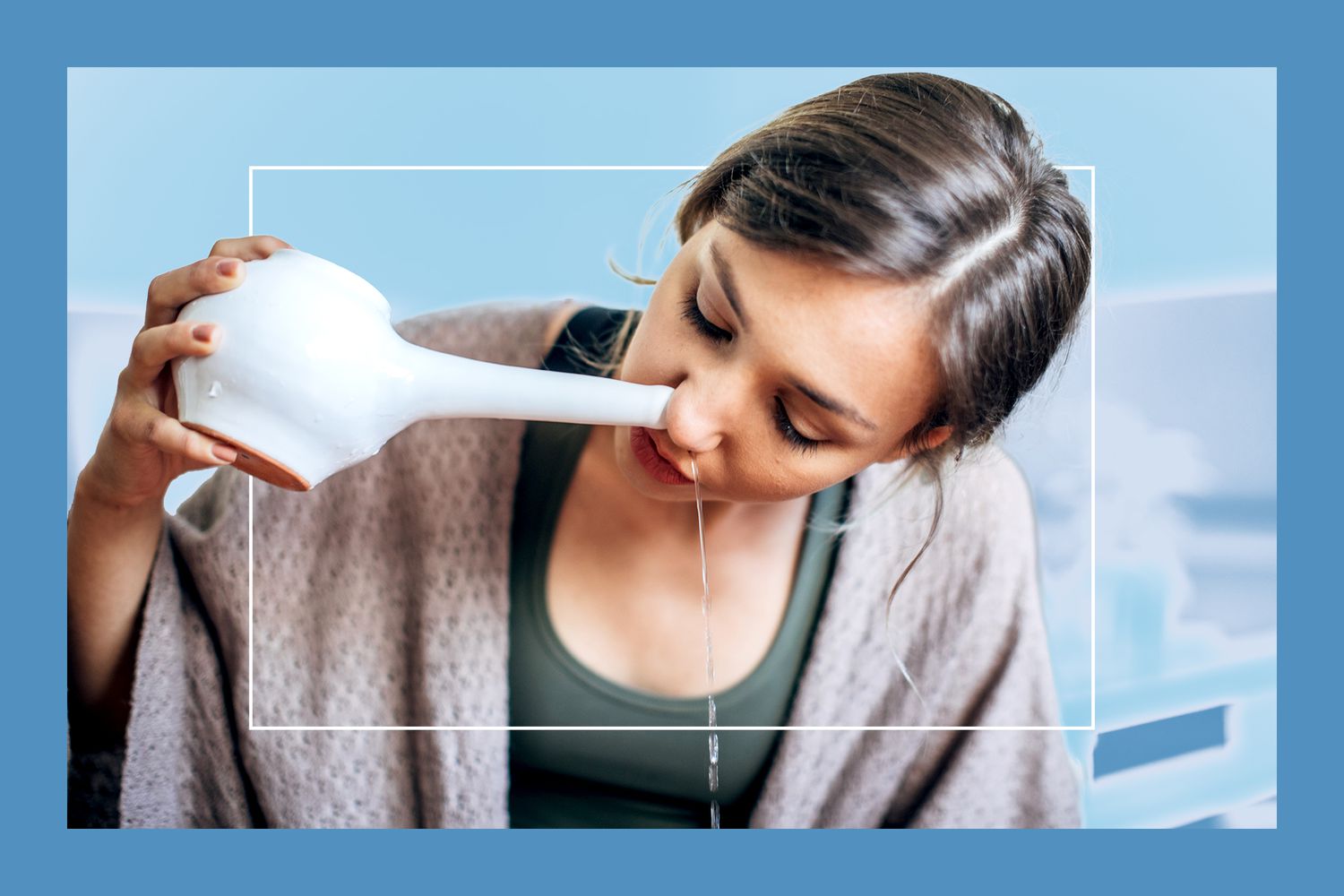Sinus rinsing, also known as nasal irrigation, has gained popularity as a natural remedy for various nasal and sinus issues. Many people use saline solutions to clear mucus, allergens, and irritants from their nasal passages. While saline solution is the standard choice for this practice, some individuals wonder if it’s safe to use tap water for nasal rinsing. In this comprehensive guide, we’ll delve into the safety concerns surrounding tap water nasal rinses and provide you with essential information on how to do it correctly.
Is Tap Water Safe for Nasal Rinsing?
Using tap water for nasal rinsing is a common practice, but it comes with some caveats. The safety of tap water for this purpose depends on your location and the quality of your tap water. Here are some key considerations:
1. Water Quality Varies
The safety of tap water for nasal rinsing largely depends on the quality of your local water supply. Some municipalities have stringent water treatment processes that make their tap water safe for various uses, including nasal rinsing. However, in areas where the water quality is questionable, there are potential risks.
2. Risk of Contaminants
Tap water can contain microorganisms, minerals, and chemicals that, when introduced into your nasal passages, may cause infections or irritation. Harmful microorganisms like bacteria, amoebae, or protozoa could be present in tap water, posing a risk to your health.
3. Use Precautions
If you choose to use tap water for nasal rinsing, take precautions to minimize the risks. The following steps can help ensure safer nasal irrigation:
What Should You Do If You Use Tap Water for Sinus Rinse?
1. Boil and Cool the Tap Water: One of the most effective ways to make tap water safer for nasal rinsing is to boil it. Boiling tap water kills harmful microorganisms, making it safer for use. Ensure you boil the water for at least one minute and then let it cool to a lukewarm or room temperature before using it for your nasal rinse.
2. Use a Water Filter: Another option is to use a water filter certified to remove contaminants from tap water. Look for filters that specifically mention their ability to remove bacteria and other impurities. This can be a convenient and effective way to ensure the water you use for nasal rinsing is safe.
Can You Do a Sinus Rinse with Boiled Tap Water?
Boiled tap water can be safe for sinus rinsing if you follow the proper steps. Boiling the water kills harmful microorganisms, making it a suitable option for nasal irrigation. Just remember to allow the water to cool to a comfortable temperature before using it for your rinse.
In conclusion, using tap water for sinus rinsing can be safe if you take precautions to ensure its quality. Boiling and cooling tap water or using a certified water filter are effective methods to minimize the risks associated with using tap water for nasal irrigation. However, if you have any doubts about your tap water’s safety, it’s best to consult with a healthcare professional or use a sterile saline solution to avoid potential health risks.
Always prioritize your health and safety when practicing nasal rinsing, and if you have any concerns about the quality of your tap water, err on the side of caution.
Sources:

